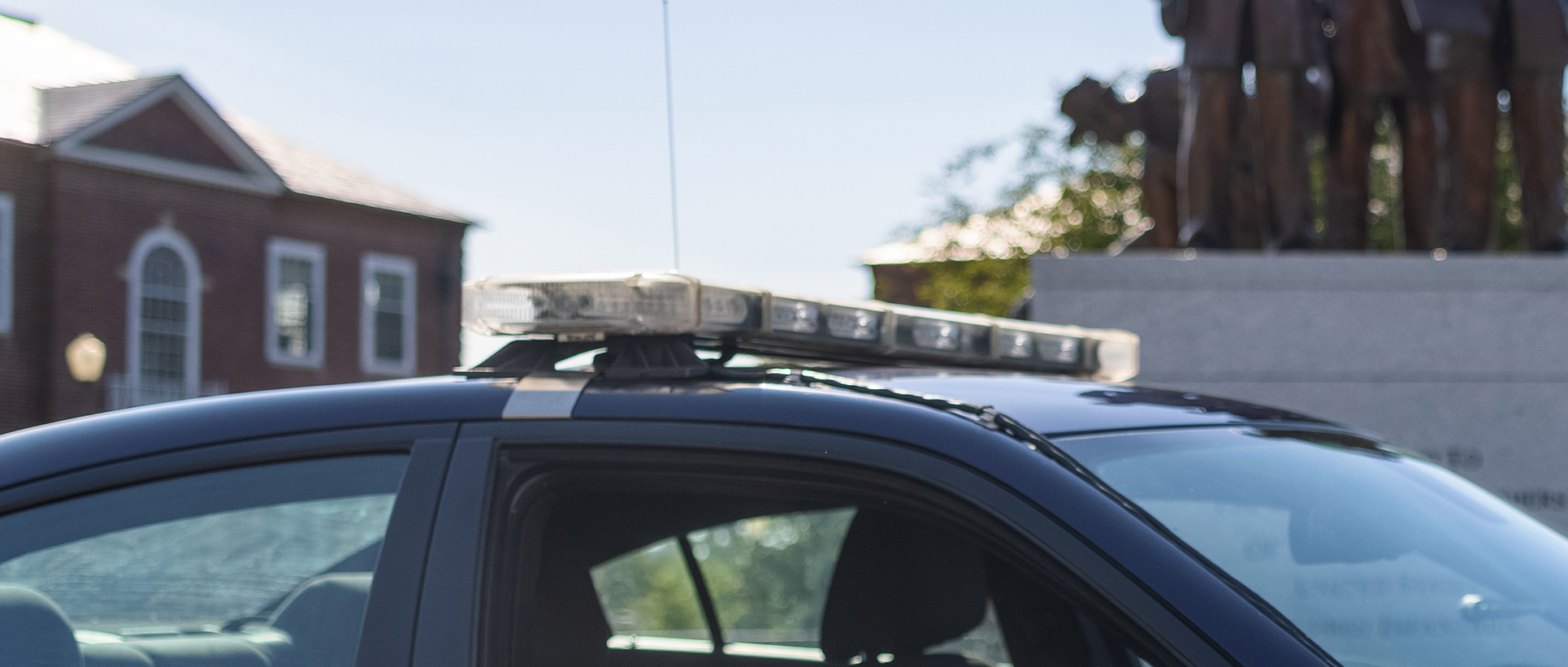Alcohol Safety Tips and Facts About Sexual Assault

Lincoln University Police Department 
Alcohol Safety Tips
- Designate a sober driver.
- Don't drink on an empty stomach. Eat foods high in protein and fat, such as cheese or nuts.
- Set a limit and stick to it!
- Avoid beer bongs, chugging, and drinking games.
- Know when you've had enough.
- Alternate alcoholic beverages with water, and be sure to drink plenty of water to keep your body hydrated.
- Never drink when you're hungry, angry, lonely, or tired.
- Pace yourself. Drink slower and eat in between alcohol drinks. It takes the body 60-90 minutes to fully feel
- the effects of alcohol on a full stomach.
- Know the symptoms of alcohol poisoning.
- Never leave your drinks unattended or accept an open beverage from anyone.
Facts About Alcohol and Sexual Assaults
Cited Facts
- Men who have committed sexual assault also frequently report getting their female companion drunk as a way of making it easier to talk or force her into having sex. (Abbey, A., McAuslan, P. & Ross, L. Sexual Assault Perpetration by College Men: The Role of Alcohol, Misperception of Sexual Intent, and Sexual Beliefs and Experiences. Journal of Social and Clinical Psychology, 17, 167-195. 1998.)
- Although the media has labeled drugs such as Rohypnol and GHB as the date-rape drugs of the present, these are only two of the many drugs used to incapacitate a victim. Of the 22 substances used in drug-facilitated rapes, alcohol is the most common. (LeBeau, M., et al., Recommendations for Toxicological Investigations of Drug Facilitated Sexual Assaults, Journal of Forensic Sciences. 1999.)
- Alcohol is many times a common factor in most cases of dating violence. Of campus sexual assaults, 75% involved the consumption of alcohol by the victim and/or the perpetrator. (Caponera, 1998)
- Of those involved in acquaintance rape, 75% of men and 55% of women had been drinking or taking drugs prior to the incident. (Caponera, B, 1998)
- In 55% of campus sexual assaults, the offender and/or victim were drinking or using drugs ("The Rape Victim: Clinical and Community Interventions," Sage Library of Social Research, 1991)
- At least 80% of college students who had unwanted sex were under the influence of alcohol. (Core Institute, University of Southern Illinois, 1995)
- Men are more likely than women to assume that a woman who drinks alcohol on a date is a willing sex partner. Of men who think this way, 40% also believe it is acceptable to force sex on an intoxicated woman. (Journal of American College Health, 1991)
- Of college women in Virginia who were raped, 47% believe they were unable to effectively resist as a result of their own alcohol use. (State Council of Higher Education for Virginia, 1995)
Other Facts
- Assailants use many forms of coercion, threats and manipulation to rape including alcohol and drugs. Alcohol, Rohypnol and other drugs are often used to incapacitate victims.
- Alcohol impairs judgment and lowers inhibitions, making some people more likely to force sex on an unwilling partner.
- Alcohol slows reflexes and can impair the victim's ability to recognize a potentially dangerous situation.
- Under the influence of alcohol, men are more likely to interpret a woman's smile, laughter, clothes or body language as evidence that she wants to have sex.
- Sexual assault is a crime of violence: Alcohol never justifies violent, criminal behavior. Intoxication can never be used as a defense for someone who commits a sexual assault.
More Info on Research and Studies about Alcohol Use at Colleges & Universities
